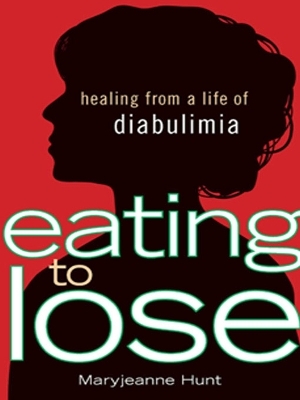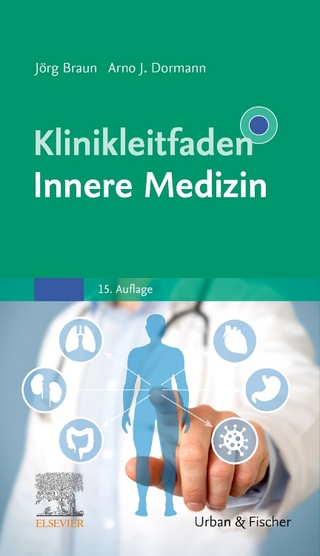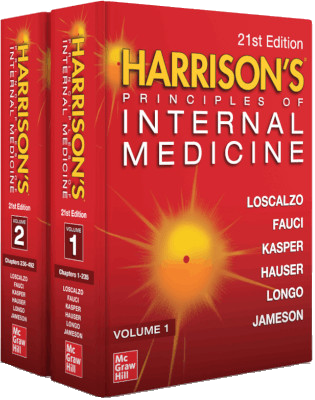
Eating to Lose
Demos Medical Publishing (Verlag)
978-1-936303-27-4 (ISBN)
- Titel ist leider vergriffen;
keine Neuauflage - Artikel merken
In the last five years, the number of people suffering with eating disorders has more than doubled. According to the American Diabetes Association, diabetic women are nearly three times more likely to develop an eating disorder than non-diabetic women. Diabulimia, one of many eating disorders, is the dangerous and often fatal practise of altering or omitting insulin to lose weight. The uncanny link between Diabetes and eating disorders is irrefutable.
Diabulimia is an eating disorder in which people with Type 1 Diabetes deliberately give themselves less insulin than they need, for the purpose of weight loss. Often, people with Type 1 Diabetes who omit insulin injections will have already been diagnosed with an eating disorder such as Anorexia Nervosa, Bulimia Nervosa and/or Compulsive Eating. Diabulimia can be triggered or exacerbated by the need for diabetics to exercise constant vigilance in regard to food, weight and glycemic control. The frustration of managing blood sugars and their subsequent effects on weight and self perception (altered by dealing with a chronic illness) can also be damaging to self-esteem and body image.
Here's the inherent irony: While Diabetes treatment necessitates heightened awareness of food, rehabilitating an eating disorder almost always involves the opposite, deliberately minimising focus on food. It is a catch-22. Intensifying the toxicity of this relationship even further, eating disorders exacerbate the complications of Diabetes (blindness, kidney disease, Heart Disease, Neuropathy and amputations), and Diabetes exacerbates the complications of eating disorders (isolation, emotional eating, obsession with food and body weight). It is a life threatening partnership.
Eating to Lose is one woman's memoir, her journey from illness to recovery, and carves a pathway of hope and empowerment for the millions who continue to suffer with Diabulimia. Eating to Lose is written for them, and perhaps even more importantly it is written for their parents, and all parents in fact, who may unknowingly and involuntarily contribute to the stereotype of distorted body image so damaging to a woman's self-esteem.
Eating to Lose is a book about hope, about possibility, about transformation and renewal. It is the first book to address the toxic marriage of both Diabetes and eating disorders. Written with gritty honesty Eating to Lose offers a firsthand account of true healing and provides hope both for individuals with Diabulimia and their families.
was diagnosed with Type 1 Diabetes in 1971. As a teenager she developed diabulimia and battled her eating disorder for 22 years. Now fully healed, she has been free of her eating disorder since 1997. Maryjeanne has held a position as wellness columnist for CNC Newspapers, published nationally since August 2009. She has been a licensed personal fitness and certified weight management coach since 1987, where she counsels others on wellness, diet, and body image. Her story has been featured on ABC News and Oprah Radio.
Foreword, Introduction, Collision Course:1. Body Image Setup, 2. Verdict: Type 1 Diabetes, 3. When Body Image and Diabetes Collide, Broken: 4. Somewhere Between Extremes and Balance, 5. Discovering Fitness, 6. Battling Infertility,7. Motherhood,8. Verdict: Diabulimia, 9. Breaking Illness Open, 10. How Children Learn, Renovation: 11. Owning It, 12. Reshaping Tomorrow, 13. Verdict: Choosing Wholeness,14. Paying It Forward, 15. Shopping Resurrected, Epilogue, Resources for People with Eating Disorders, Resources for People with Diabetes, Index
| Erscheint lt. Verlag | 30.1.2012 |
|---|---|
| Verlagsort | New York, NY |
| Sprache | englisch |
| Gewicht | 227 g |
| Themenwelt | Literatur ► Biografien / Erfahrungsberichte |
| Sachbuch/Ratgeber ► Gesundheit / Leben / Psychologie ► Ernährung / Diät / Fasten | |
| Sachbuch/Ratgeber ► Gesundheit / Leben / Psychologie ► Krankheiten / Heilverfahren | |
| Sachbuch/Ratgeber ► Gesundheit / Leben / Psychologie ► Psychologie | |
| Medizinische Fachgebiete ► Innere Medizin ► Diabetologie | |
| Medizin / Pharmazie ► Medizinische Fachgebiete ► Psychosomatik | |
| Medizin / Pharmazie ► Medizinische Fachgebiete ► Psychiatrie / Psychotherapie | |
| ISBN-10 | 1-936303-27-2 / 1936303272 |
| ISBN-13 | 978-1-936303-27-4 / 9781936303274 |
| Zustand | Neuware |
| Haben Sie eine Frage zum Produkt? |
aus dem Bereich


